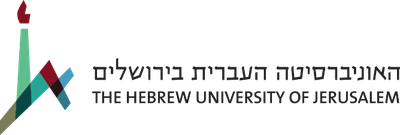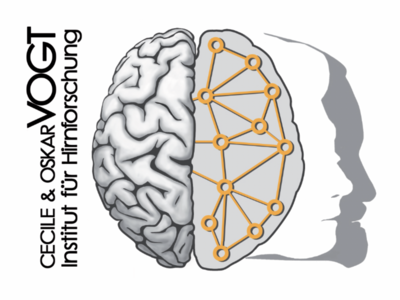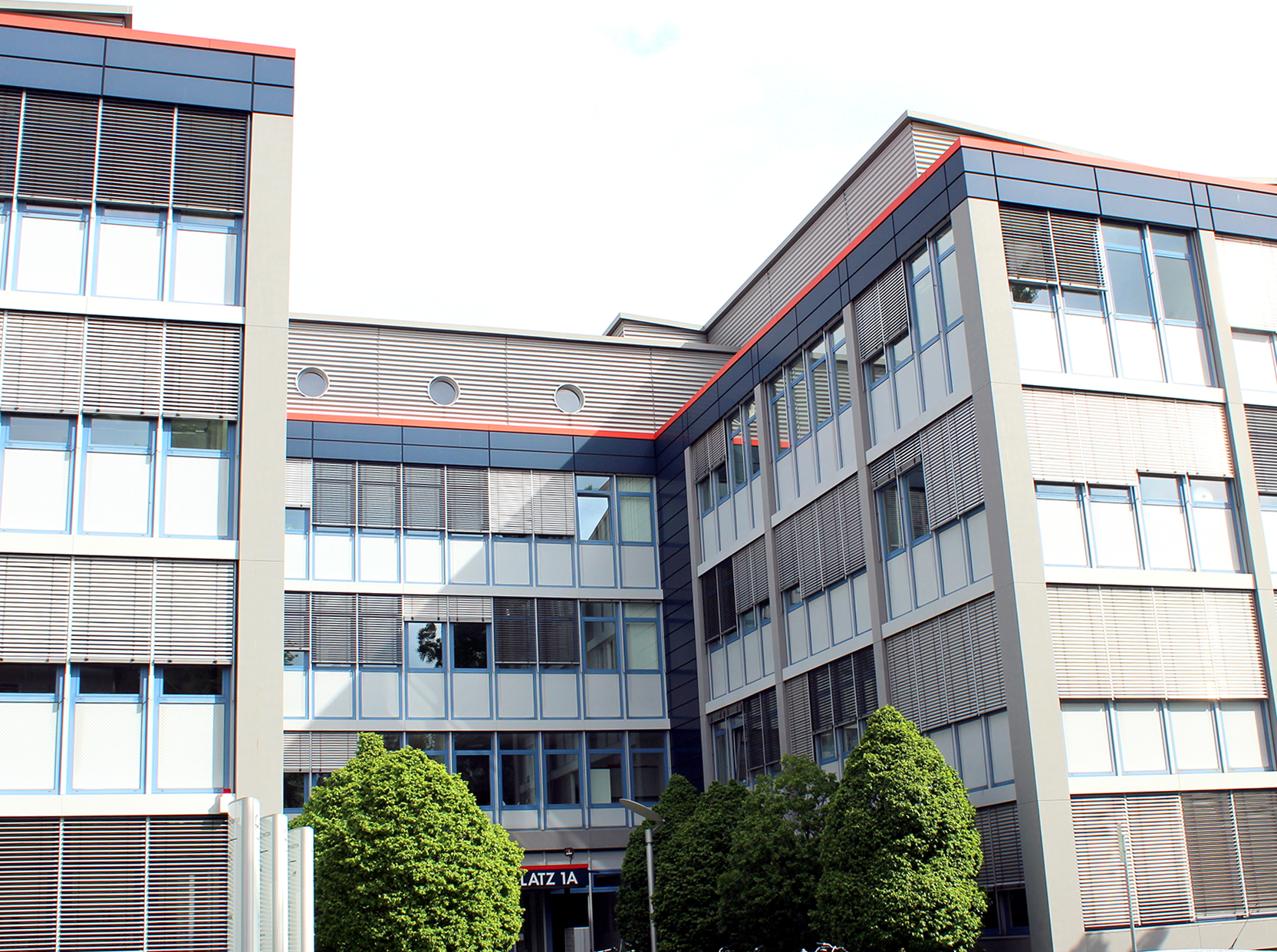Hector Fellow Academy
January 1, 2022
The Hector Fellow Academy is a young science academy. It offers the recipients of the Hector Science Award a platform for networking, interdisciplinary exchange and mutual inspiration. With the Hector Research Career Development Award, it supports scientists on their way to a professorship. In addition, it supports promising young scientists. Professor Amunts is a member of the Academy since 2022.

EBRAINS
EBRAINS is a new digital research infrastructure created as part of the EU-funded Human Brain Project (HBP). The aim is to promote brain research and the translation of scientific findings in this field into brain-inspired innovations in computing, medicine and industry. To this end, multidisciplinary neuroscience works closely with the developers of state-of-the-art information technologies and uses powerful computers to assemble the ever-growing knowledge about the brain from different research fields. With EBRAINS, the HBP is establishing the hub for this cooperation in Europe.
Funding period: 2024 to 2026
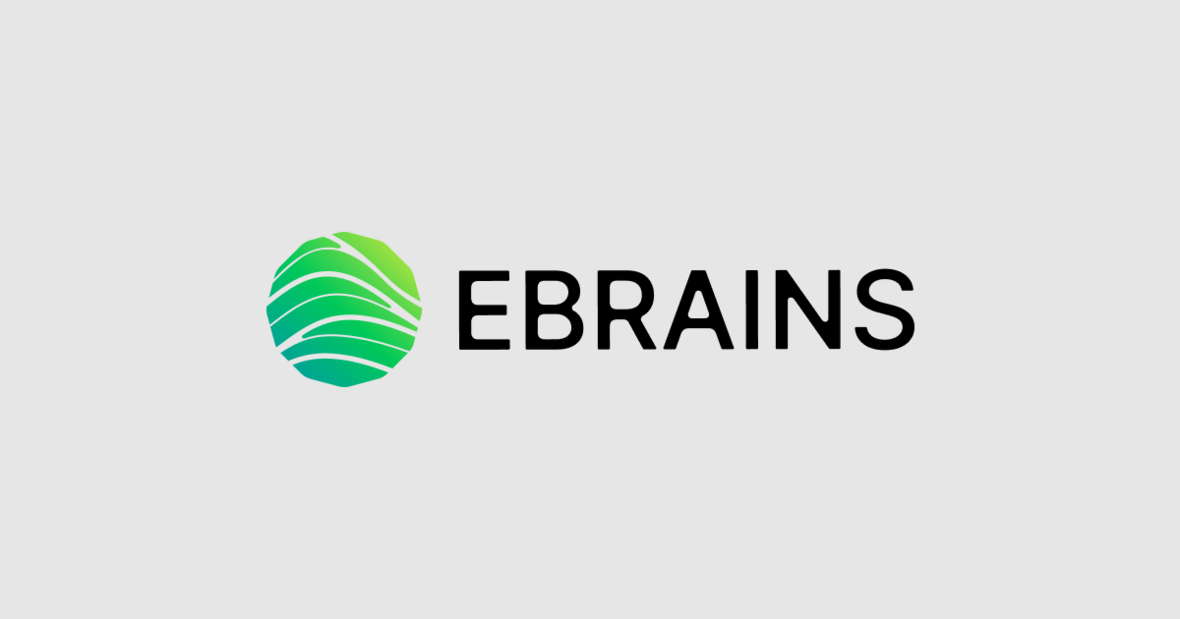
Max Planck School of Cognition - a graduate school of the Max Planck Society and the BMBF
January 1, 2019
The Max Planck School of Cognition, a Doctoral program, offer exceptionally talented students the opportunity to acquire an exceptionally broad understanding of various methods and research approaches in the rapidly developing field of cognitive science.
Funding period: January 2019 to September 2025.
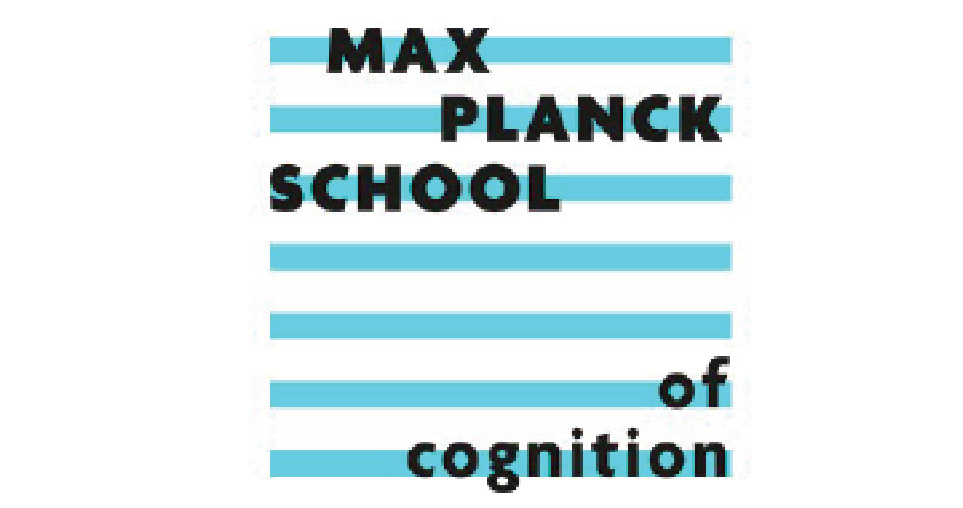
Helmholtz International BigBrain Analytics and Learning Laboratory (HIBALL)
April 1, 2020
As part of the Helmholtz International BigBrain Analytics and Learning Laboratory (HIBALL), the BigBrain Project will be further advanced with partners from 'The Neuro' at McGill University in Montreal.
Funding period: April 2020 to March 2025
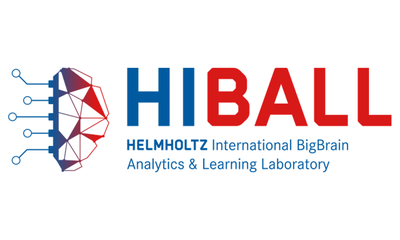
Helmholtz AI
January 1, 2020
The Helmholtz Artificial Intelligence (Helmholtz AI) Collaboration Unit is one of five platforms initiated by the Helmholtz Information and Data Science Incubator. Its main goal is to become an engine for applied artificial intelligence (AI) through the development and dissemination of AI methods across all Helmholtz centers by combining AI-based analytics with Helmholtz's unique research questions and data sets.
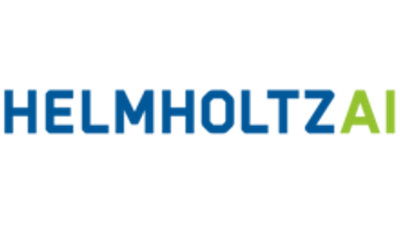
Hebrew University of Jerusalem
February 1, 2011
Collaboration with Prof. Yosef Grodzinsky of the Neurolinguistics Lab at the Edmond & Lily Safra Center for Brain Sciences on the functional neuroanatomy of language and formal logic in the healthy and pathological brain. https://en.huji.ac.il/
